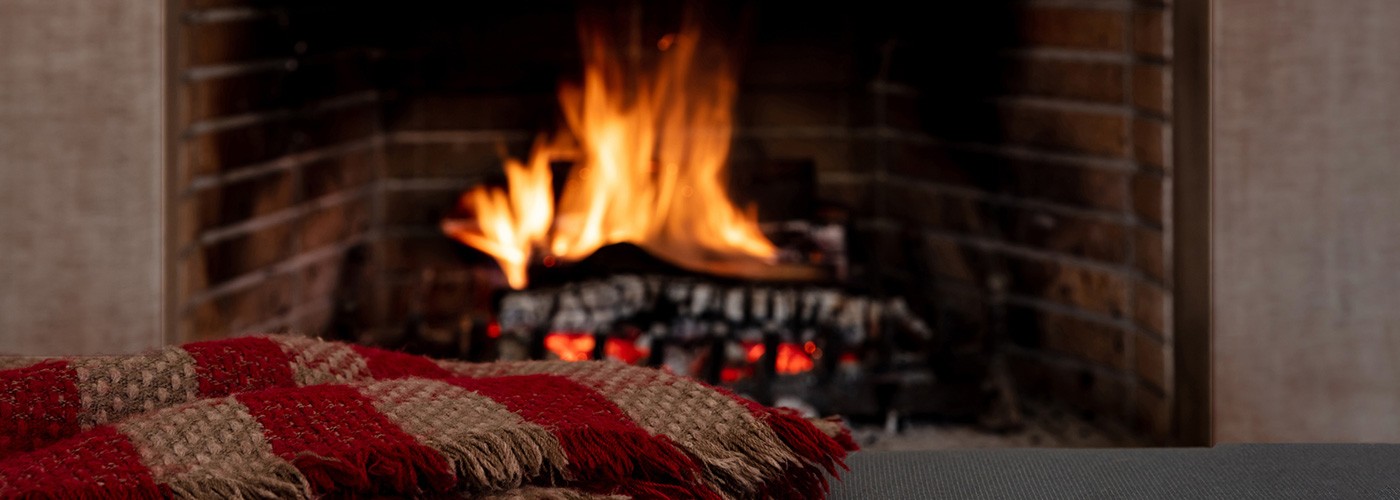Dear customers: please note that we will be closed on December 25 and 26, and on January 1 and 2, 2026. The claims services will remain open 24/7. Happy holidays!
If you’ve unwittingly brought back these invasive pests, your home can quickly get infested. Apart from physical discomfort, their presence creates stress and isolation because you definitely don’t want to contribute to their spread. Bedbugs also generate costs that can quickly become substantial. But does your home insurance protect you against bedbug damage?
Is bedbug damage covered by my home insurance?
Unfortunately, no home insurance covers the damage caused by these unwanted guests. Insurance policies do not reimburse the costs of eradicating them or the costs of replacing the belongings you had to dispose of. Bedbug damage is part of the insurance contract’s general exclusions for animals, including vermin and pests.
However, if your bedbugs also spread to your neighbours’ apartments or condo units, and if they decide to sue you, then your insurance could help: indeed, your civil liability coverage does not exclude the involuntary spread of pests.
Conversely, if you’re the victim of bedbugs and decide to sue your neighbours, you would have the burden of proof and that’s not a foregone conclusion because it’s often difficult to demonstrate where these unwanted pests come from.
How do I know if I have bedbugs?
Unlike many other small insects, bedbugs are visible to the naked eye. They are brownish, the size of an apple pip. They are usually seen on mattress seams, box springs and upholstered furniture. They also gather near wooden furniture.
Bedbug bites look like mosquito bites. They cause redness and often have a small red dot in the centre. There are usually three in a line.
How can I avoid bringing bedbugs home?
When staying at the hotel, lift the sheets and inspect the mattress before putting anything on the bed. If you see bloodstains, it may be a sign of undesirables. Look closely at the seams for signs of bedbugs or their feces. If you see any of these signs, avoid sleeping in the bed at all costs. And make sure you don’t put anything on it.
When you return home from your trip, wash all your clothes, ideally in hot water. Bedbugs do not tolerate extreme temperatures. The same goes for any used clothes you may have bought.
Also, avoid picking up furniture that people have left out on the street. If your find seems too good to be true, it may very well be because it harbours bedbugs!
How do I get rid of bedbugs?
The golden rule to avoid a major spread is speed. The more quickly you deal with the problem, the more likely you will avoid serious damage. At the first sign of bedbugs, take matters into your own hands and contact an exterminator.
Bedbugs feed on human blood, but they can also go without food and survive for more than a year, which is why it’s important to fix the problem quickly! Even if you’re sure they’re gone, they may just be dormant and will start biting you again in a few months.
Also avoid trying to exterminate them by yourself, as you may very well only make matters worse by spreading the bugs throughout your home. And because you’ll lose time, they may spread even farther. So, the best thing to do is to call in a professional exterminator as soon as possible.
To control the spread, get rid of the furniture where the bedbugs live. This is a situation that should not be taken lightly. At the first sign of bedbugs, do everything you can to avoid disaster.
We sincerely hope that these pests will never cross your path. If you have any questions about this or any other aspect of your home insurance, please contact one of our brokers. We will be happy to check what your policy actually covers.



